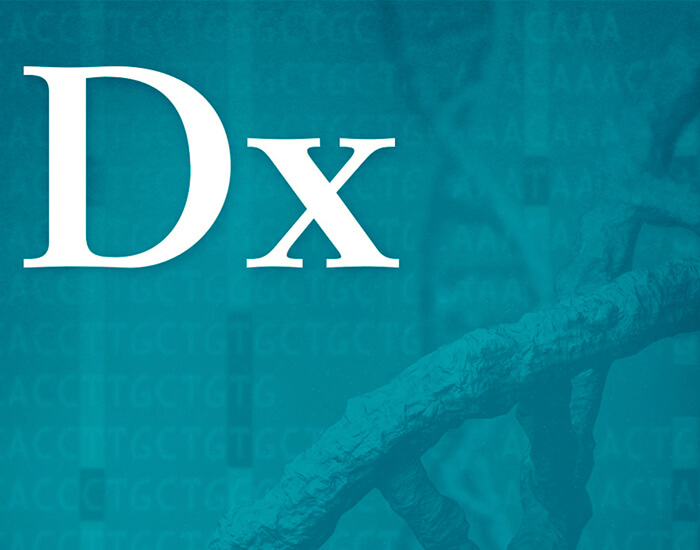Advances in DNA sequencing technology are making it possible to pinpoint genetic mutations and see their patterns, more readily diagnose inherited diseases and tailor cancer treatments with greater precision. But the rapidly expanding capabilities and applications also generate new questions about the ethical implications, impact and regulation of next-generation sequencing technology.
On April 8, Keck Graduate Institute (KGI) will present a daylong workshop examining both the latest developments in sequencing technology and their importance to medicine, health and the diagnostics industry. Titled “Next-Generation Sequencing in Clinical Diagnostics: Opportunities and Challenges,” the program is designed for KGI alumni and students as well as other academic and industry professionals interested in learning more about the technology.
“The workshop is geared toward an audience that comes in with a general technical awareness of next-generation sequencing technology but not an understanding of all the issues, where the technology is going, or what is possible,” says Arnold and Mabel Beckman Professor Angelika Niemz, who teaches courses on medical diagnostics and high-throughput technologies at KGI and is involved in organizing and moderating the workshop.
The day will feature a mix of presentations, panel discussions, and breakout sessions, highlighted by three keynote speakers:
- Dr. Karl V. Voelkerding, a professor of pathology at the University of Utah School of Medicine, medical director at ARUP Laboratories and chair of the College of American Pathologists’ (CAP) Next-Generation Sequencing Project team developing requirements for the technology’s laboratory testing and proficiency testing
- Tina Hambuch, who focuses on clinical genetic testing applications in pediatrics as a medical director at Invitae in San Francisco and previously was director of clinical services at Illumina, where she led implementation of the first CLIA-certified and CAP-accredited laboratory performing whole genome sequencing
- Dr. John Thorson, a professor and director of the Clinical Genomics Laboratory at the UC San Diego School of Medicine whose expertise relates to the impact of next-generation sequencing technology on treatments for cancer patients
Additional speakers will include Emily Winn-Deen, president of Rx Dx Advisors, a consulting firm specializing in molecular and companion diagnostics; Dr. Jeffrey N. Weitzel, a professor and genetics researcher in the Department of Medical Oncology and Therapeutics Research and the Department of Population Sciences as well as the director of the Division of Clinical Cancer Genetics at the City of Hope Cancer Center; and Naomi O’Grady, senior marketing manager, oncology, at Illumina.
“This will be an interactive forum where everyone can discuss and delve deeper into the issues that are coming up, and have great networking opportunities,” says Niemz. “The workshop will help participants integrate next-generation technology into their own work.”
The April 8 program is the first in the KGI Workshop Series, which will offer an opportunity for alumni and other Southern California professionals in the applied life sciences to come to the campus to learn more about issues that are of particular interest to them and relevant to their careers. Topics under consideration for upcoming workshops include big data, women in bioscience and the future of healthcare.
“We’re always looking for ways to continue to engage our alumni. One of these ways is to keep them up to date on the latest trends in the field,” says Christa Oudshoorn-Hobo, KGI’s alumni engagement manager. “Our number one goal for the series is to provide education for all involved, including students and faculty and industry professionals from the area.”
